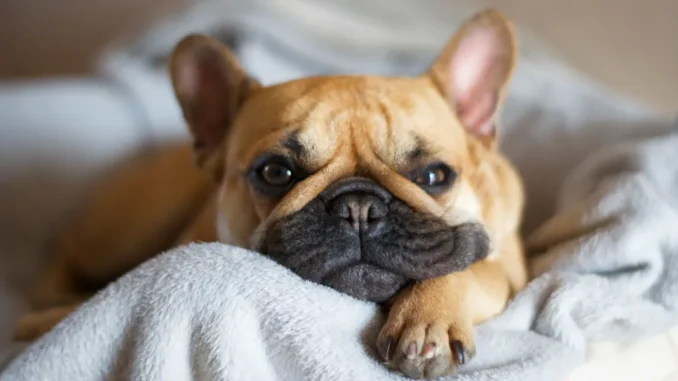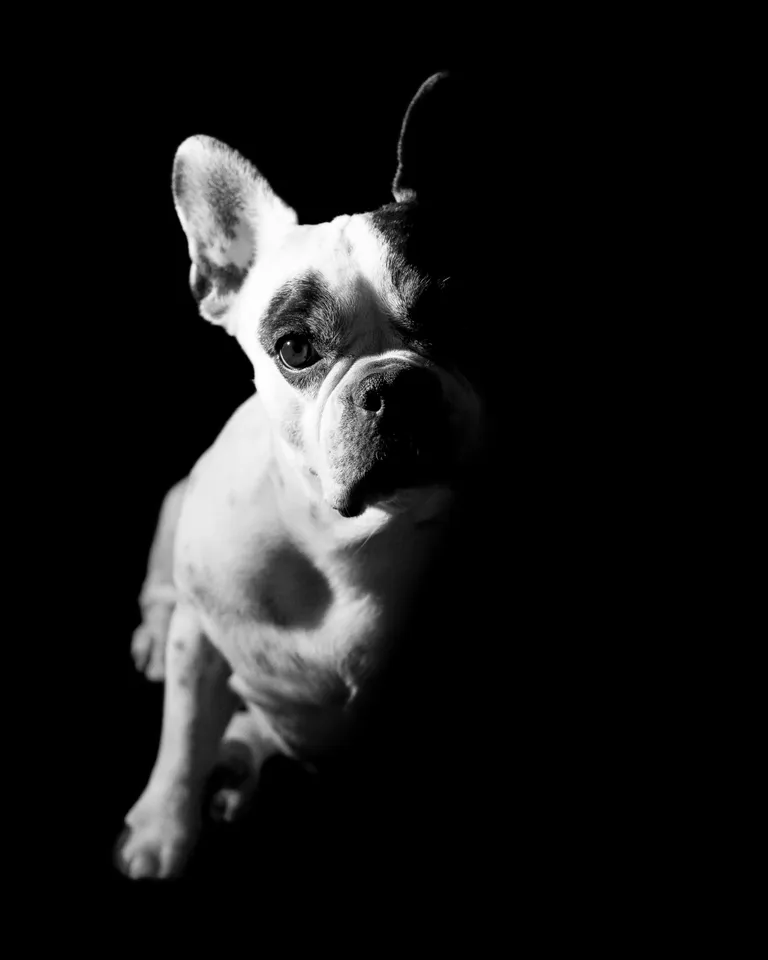
Grief is supposed to bring families together, but it tore mine apart. After my mother passed, my father made changes I never expected. What he didn’t know was that my mother had one final surprise in store.
I was nineteen when she died—too suddenly. One moment she was laughing at a show, the next she couldn’t lift a spoon. Cancer doesn’t wait for goodbyes, and neither did my father.
Mom was everything warm in our home, and where she went, Peanut, her French Bulldog, followed. As she grew weaker, Peanut stayed by her side, curling up against her, trying to keep her here. I did the same, but unlike Peanut, I had to eat, sleep, and pretend my father wasn’t already erasing her before she was even gone.
He never loved her as she deserved. I never saw him hold her hand or bring her flowers. And in her final days, he barely pretended.
When the doctors said it was only a matter of time, he just nodded—no tears, no breakdown, just a nod as though they were talking about fixing a dishwasher.
A sad-looking French bulldog | Source: Pexels
“Peanut should come,” I whispered, but my father shrugged it off. “She’s a dog, not a person.”
The funeral felt like a blur of condolences. When we got home, he threw off his tie and said, “It’s done.”
“Done?” I snapped. “Mom just died!”
“Like I have to move on? Because I do. And so do you,” he said.
Peanut whimpered at my feet, and I scooped her up, pressing my face into her fur. “I’m going to bed.”
That night, Peanut curled beside me, and for the first time since Mom died, I felt safe.
But the next day, I came home to silence. No little paws clicking on the floor. No excited snorts. Just the sound of my father cracking open another beer.
“Peanut?” I called. “Where’s Peanut?”
“Got rid of her,” he said coldly. “Not my problem anymore.”
I couldn’t breathe. “You what? Where is she?”
“Some shelter,” he shrugged. “Better off there than in my house.”
I ran, frantic. It took hours to find her in a shelter, curled in a cage, shaking. Her eyes met mine, and she whined. “Peanut,” I breathed.
The woman at the desk said, “I’m sorry, but your father signed surrender papers.”
“But she’s mine!”
Her new owner was already on their way.
Two weeks later, I got a call from my mother’s lawyer. My father was there, waiting for money, not grieving. The lawyer opened a folder. “Your mother’s will is very specific.”
My father sat up, eager to claim.
“Everything she owned before the marriage remained hers, and since everything in this marriage was bought with her money, it all goes to the sole beneficiary.”
My father leaned in, ready to take it all.
“Peanut,” the lawyer said.
“What?” My father laughed.
“Your mother left everything to Peanut—her house, savings, assets. Everything now belongs to her.”
The room went still. My father went pale. “That’s insane!”
The lawyer didn’t blink. “Correct. Which is why her legal guardian has control of the estate.”
I was Peanut’s guardian. Everything now belonged to me.
My father stood, enraged. “I’ll get the dog back.”
I smiled. “Good luck.”
By the time he reached the shelter, Peanut was already gone. Ashley, my mother’s best friend, had taken her home, having spotted her at intake.
My father had unknowingly given Mom’s most beloved companion to someone who cared.
By then, I was gone too.
Ashley took me in. I wasn’t just surviving—I was safe, loved. I had the house, the money, and most importantly, Peanut. She curled up beside me every night, warm and happy, far from the man who never wanted us.
My father? He had nothing. Just like he deserved.
And the last words I said to him?
“Mom always knew you’d end up alone.”
